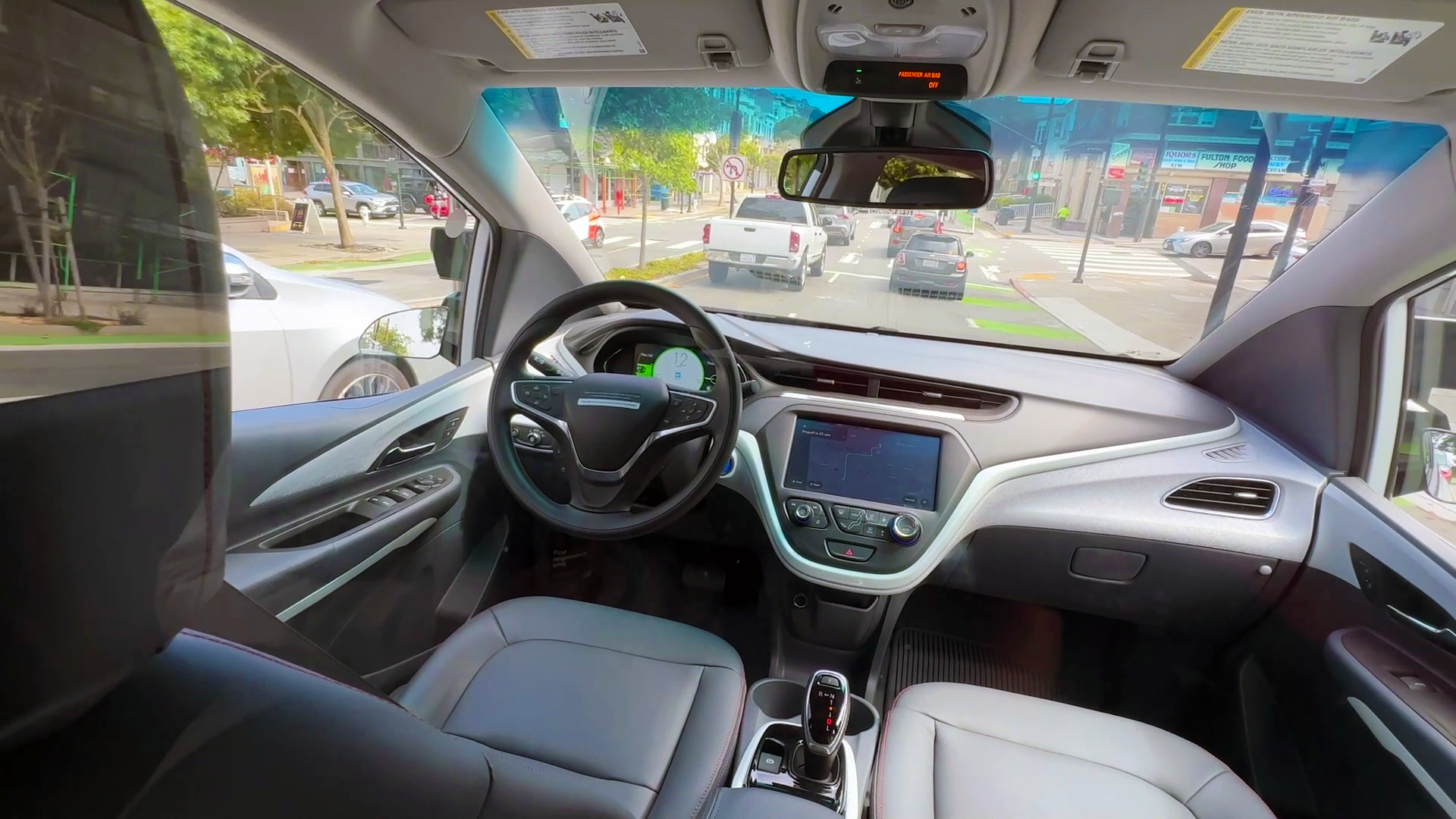If you've ever had a problem with some of Google's frivolity, it'll all be forgiven after hearing this: researchers have used Google's webpage algorithm to find cancer biomarkers, which can lead to early diagnosis and better treatment.
Recently, researchers at Germany's Dresden University of Technology ranked about 20,000 proteins by genetic relevance to the progression of pancreatic cancer and found seven that can help them diagnose the aggressiveness of each individual case. This leads to more effective and personalized treatment.
These biomarkers were found by employing the Google webpage algorithm, which Google uses to decide in which order to present your search results. The algorithm is complex and involves many factors, but one key factor is the amount of interconnectivity a page has. A webpage with no other pages linking to it and no social media interaction seems less important to Google.
In that vein, researchers helped narrow their protein rankings by looking at the network of physical and regulatory interactions to find which ones played a large role in the progression of cancer itself. The exact same way Google figures out which cute kitten blog to show you when you search "cute kitten blog."
"Once we added the network information in our analysis, our biomarkers became more reproducible," said Christof Winter, the paper's first author.
Time will tell if this advancement has any major impact on cancer treatment, but it certainly has a load of potential.
Via Medical Daily



